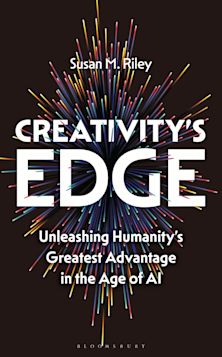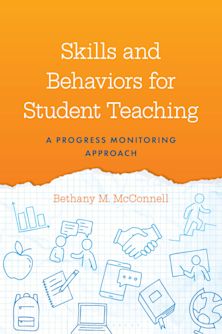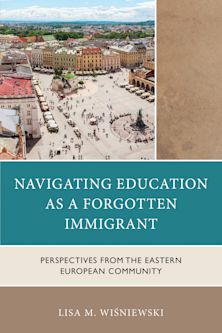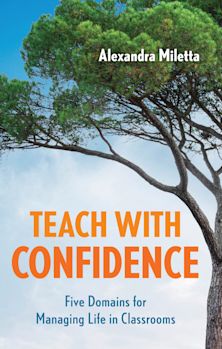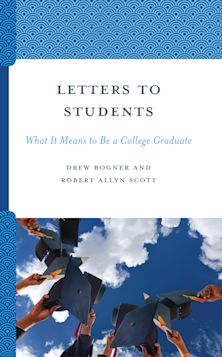Pragmatism and Educational Research
- Textbook
Pragmatism and Educational Research
- Textbook
This product is usually dispatched within 2-4 weeks
- Delivery and returns info
-
Flat rate of $10.00 for shipping anywhere in Australia
Description
This volume offers an overview of the pragmatic understanding of knowledge and the acquisition of knowledge, and its implications for the conduct of educational research. Pragmatism and Educational Research focuses primarily on the work of John Dewey, and examines the relationship between pragmatism and educational research both in relation to research methodology and to a pragmatic educational theory. Biesta and Burbules provide examples of characteristic research questions and research methods and approaches, as informed by a pragmatist outlook. Further, they argue that the major benefit of a pragmatic approach to educational research lies in the possibility of promoting intelligent and reflective action by educational practitioners.
Table of Contents
Chapter 3 1. What is Pragmatism?
Chapter 4 2. From Experience to Knowledge
Chapter 5 3. The Process of Inquiry
Chapter 6 4. Consequences of Pragmatism
Chapter 7 5. Pragmatism and Educational Research
Product details
| Published | 25 Sep 2003 |
|---|---|
| Format | Paperback |
| Edition | 1st |
| Extent | 144 |
| ISBN | 9780847694778 |
| Imprint | Rowman & Littlefield |
| Dimensions | 229 x 104 mm |
| Series | Philosophy, Theory, and Educational Research Series |
| Publisher | Bloomsbury Publishing |
Reviews

ONLINE RESOURCES
Bloomsbury Collections
This book is available on Bloomsbury Collections where your library has access.












